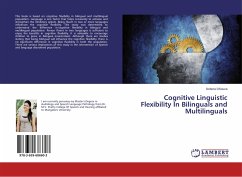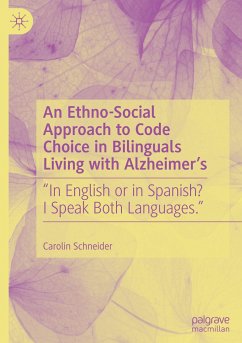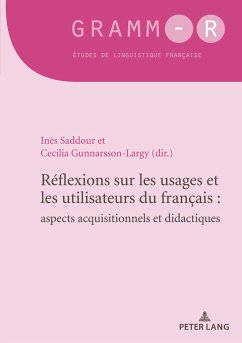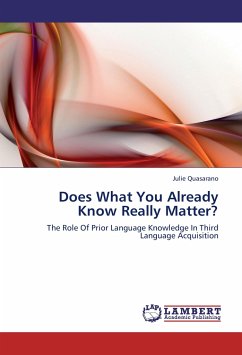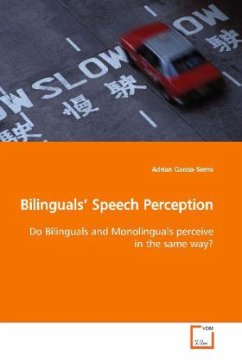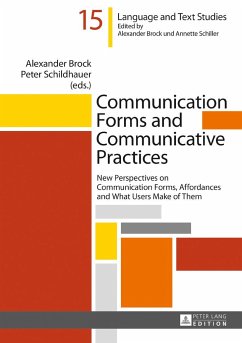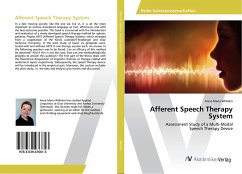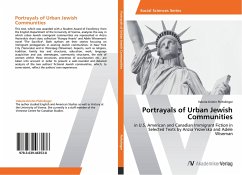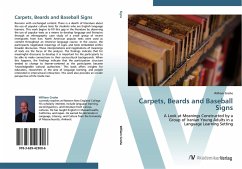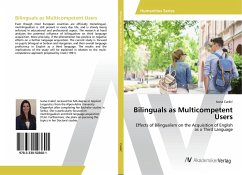
Bilinguals as Multicompetent Users
Effects of Bilingualism on the Acquisition of English as a Third Language
Versandkostenfrei!
Versandfertig in 6-10 Tagen
26,99 €
inkl. MwSt.

PAYBACK Punkte
13 °P sammeln!
Even though most European countries are officially monolingual, multilingualism is still present in every day life, and is slowly being enforced in educational and professional aspect. The research at hand analyses the potential influence of bilingualism on third language acquisition. More precisely, if the phenomenon has positive or negative effects on a further language acquisition. The current study is focused on pupils bilingual in Serbian and Hungarian, and their overall language proficiency in English as a third language. The results and the implications of the study will be explained in...
Even though most European countries are officially monolingual, multilingualism is still present in every day life, and is slowly being enforced in educational and professional aspect. The research at hand analyses the potential influence of bilingualism on third language acquisition. More precisely, if the phenomenon has positive or negative effects on a further language acquisition. The current study is focused on pupils bilingual in Serbian and Hungarian, and their overall language proficiency in English as a third language. The results and the implications of the study will be explained in relation to the multi-competence approach proposed by Cook (1991).




